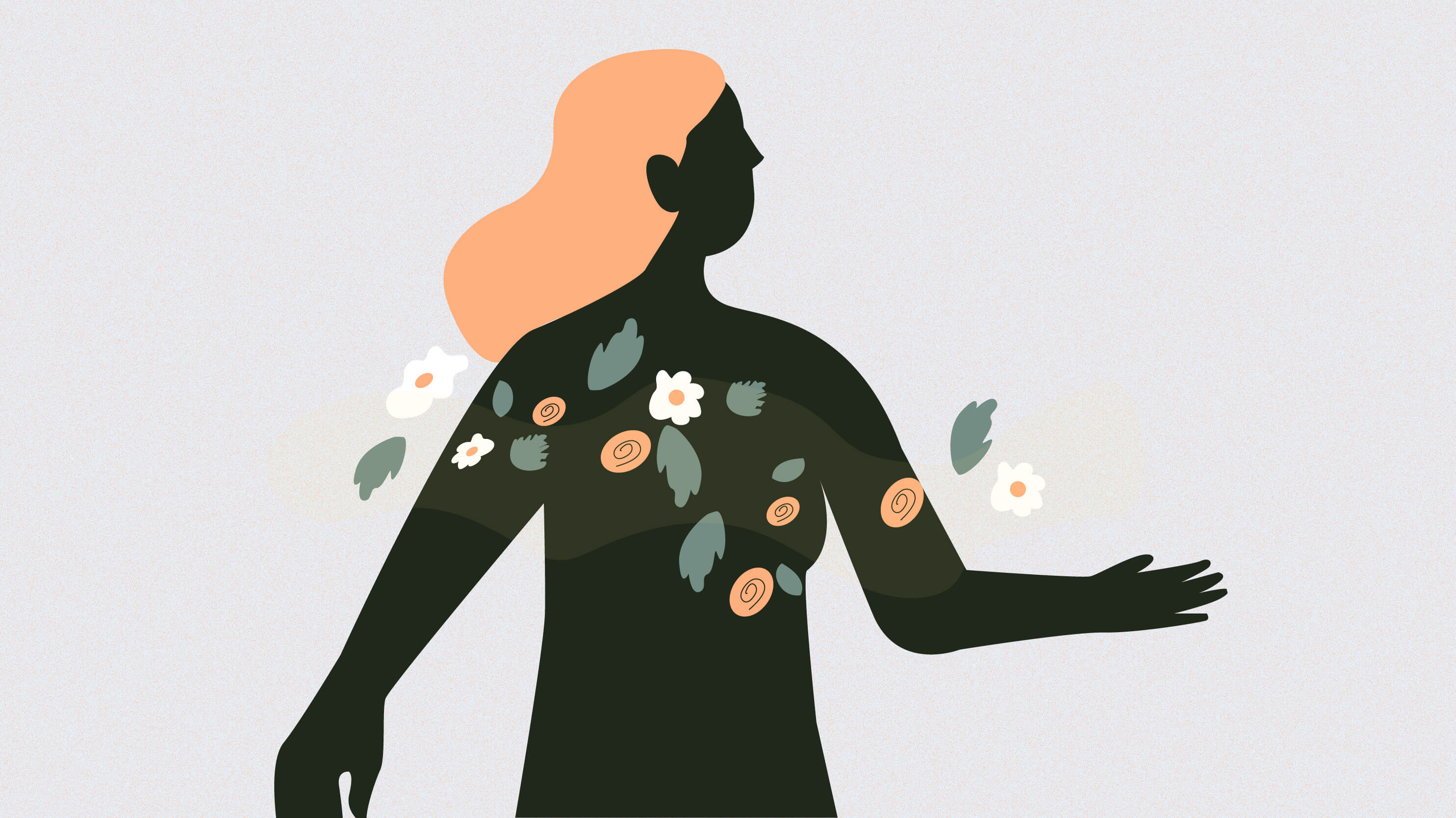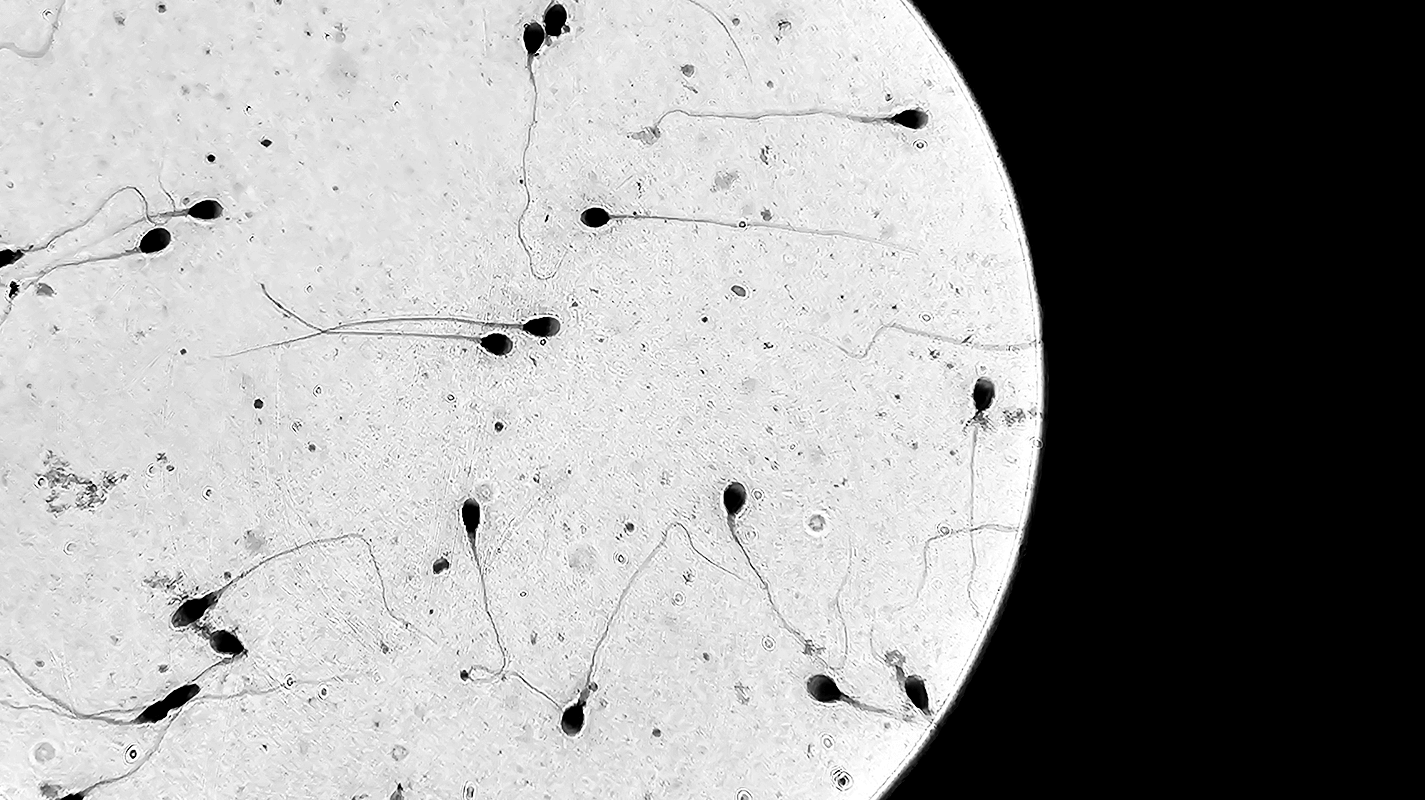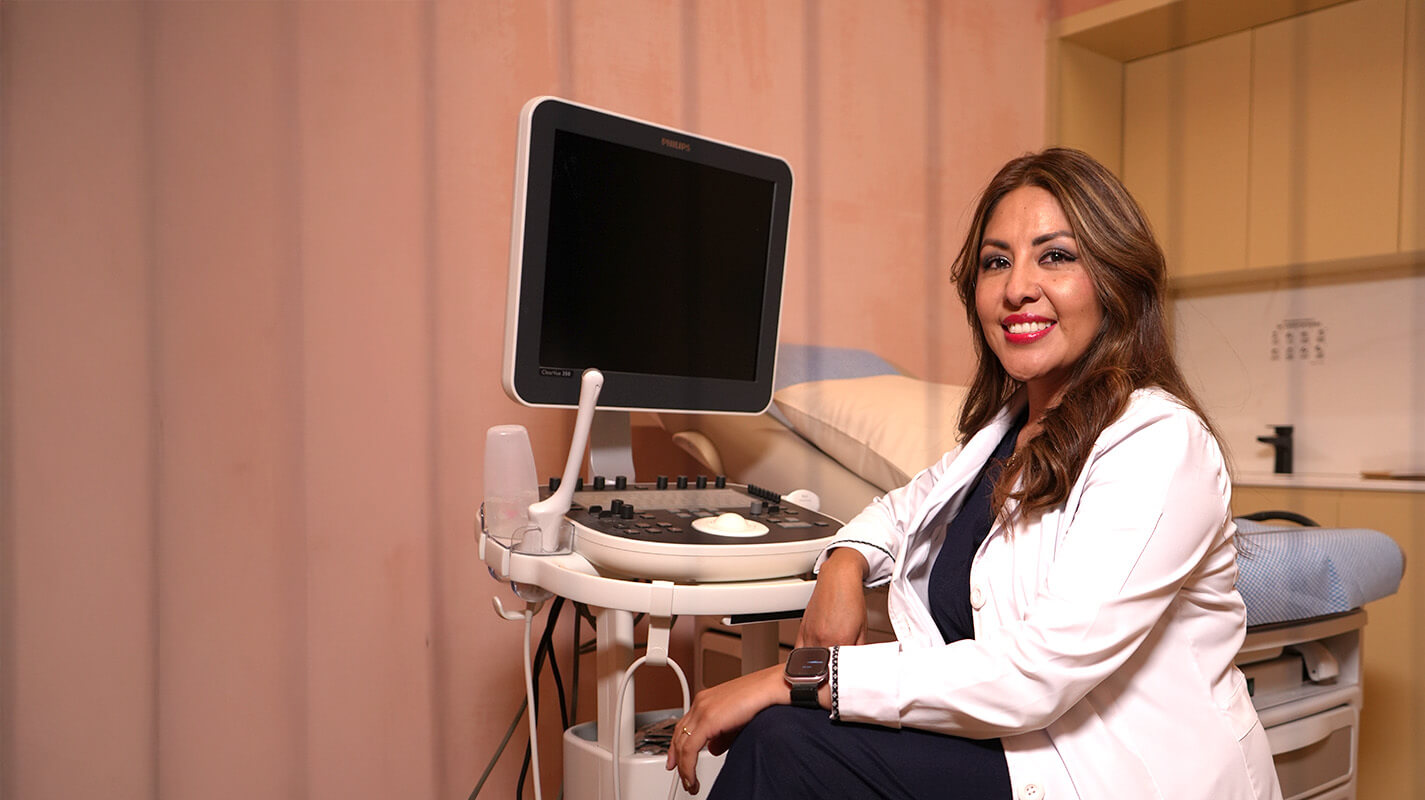Female Infertility: 10 common causes and hormonal care after a breast cancer diagnosis

A breast cancer diagnosis can bring multiple challenges—not only physical and emotional, but also reproductive. Oncological treatments such as chemotherapy or hormone therapy can affect ovarian function and disrupt menstrual cycles.
Understanding the most common causes of infertility after this type of diagnosis helps make informed decisions and plan fertility preservation strategies. In this blog, we explain the main causes and how to support hormonal balance after treatment.
10 common causes of infertility after a cancer diagnosis
1. Premature Ovarian Insufficiency
Chemotherapy can damage ovarian follicles and reduce the egg reserve, leading to early menopause or irregular menstrual cycles.
2. Hormonal Changes from Endocrine Therapy
Medications like tamoxifen or aromatase inhibitors block estrogen activity, temporarily affecting ovulation and the body’s natural hormonal balance.
3. Pelvic Radiotherapy
When treatment involves radiation to the abdomen or pelvis, ovarian or uterine tissue can be damaged, limiting embryo implantation capacity.
4. Physiological and Emotional Stress
The psychological impact of cancer and its treatments can alter the hypothalamic-pituitary-ovarian axis, interfering with the production of sex hormones.
5. Secondary Thyroid Disorders
Some cancer treatments can affect the thyroid gland, disrupting hormonal regulation and ovulation.
6. Changes in Body Weight
Significant weight loss or gain during or after treatment can disturb estrogen production and affect menstrual regularity.
7. Decreased Ovarian Blood Flow
Exposure to certain medications and systemic inflammation can reduce ovarian blood flow, affecting follicle maturation.
8. Uterine or Endometrial Damage
Radiotherapy or some hormonal treatments can cause changes in the endometrium, making embryo implantation more difficult.
9. Genetic Factors and Predisposition
Certain mutations associated with breast cancer, such as BRCA1 or BRCA2, are also linked to a lower ovarian reserve.
10. Age at Diagnosis
The risk of infertility increases if the diagnosis occurs around or after age 35, as ovarian reserve naturally declines with age.
Hormonal care after diagnosis
After a breast cancer diagnosis and treatment, it’s essential to support hormonal recovery under medical supervision. If you wish to have children, it’s advisable to have a fertility specialist assess your ovarian reserve before starting chemotherapy, regardless of your age.
Some measures that can support reproductive and overall health include:
- Post-treatment endocrine evaluation: check estrogen, progesterone, and thyroid function levels to detect possible imbalances.
- Nutrition and supplementation: include foods rich in antioxidants, omega-3, and micronutrients that promote hormonal balance.
- Fertility preservation: if treatment hasn’t started, egg or embryo freezing is a recommended option.
- Comprehensive support: medical, psychological, and nutritional guidance are key to restoring health and planning a confident reproductive future.
At Fertilidad Integral, you’re not alone
Every story is different. At Fertilidad Integral, we offer a complete and personalized evaluation to understand how your oncological treatment may have affected your fertility and what options you have to protect it.
Book your appointment with our specialists.
Our locations:
FAQs: Female infertility after a breast cancer diagnosis
Is fertility always lost after breast cancer?
Not necessarily. Fertility may be affected depending on the type of treatment, chemotherapy dose, age, and ovarian reserve. In many cases, there are options to preserve or recover ovarian function with medical guidance.
Can I get pregnant after cancer treatment?
Yes, many women achieve successful pregnancies after treatment. It’s important to wait the time recommended by your oncologist and fertility specialist, and have a hormonal evaluation before trying to conceive.
What options exist to preserve fertility before treatment?
The most common are egg or embryo freezing. In some cases, ovarian protection with medications that suppress hormonal activity during chemotherapy may also be considered.
How long should I wait to try to conceive after cancer?
It depends. In general, it’s recommended to wait at least 1 to 2 years after completing therapy and being in a disease-free period, but the decision should always be personalized and guided by specialists.
Is it safe to use hormones to stimulate the ovaries if I’ve had breast cancer?
In women with hormone-sensitive breast cancer, specialists use low-dose or alternative stimulation protocols to avoid raising estrogen levels. Each case is analyzed individually.
Which specialist should I see?
Ideally, you should consult a multidisciplinary team: oncologist, endocrinologist, and reproductive biologist. This comprehensive approach ensures that both your health and fertility are cared for safely and personally.
You’re not alone in this process. Book your appointment at Fertilidad Integral, and let us accompany you with an integrative approach to care for your hormonal health.







